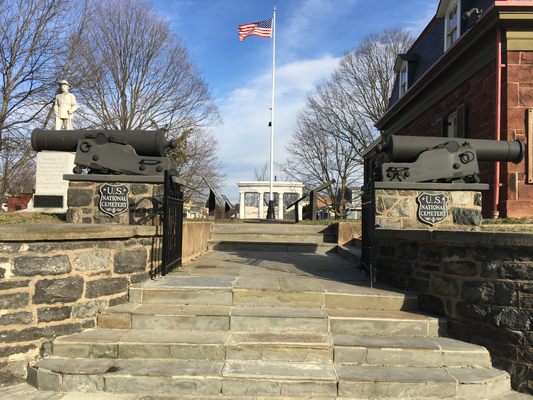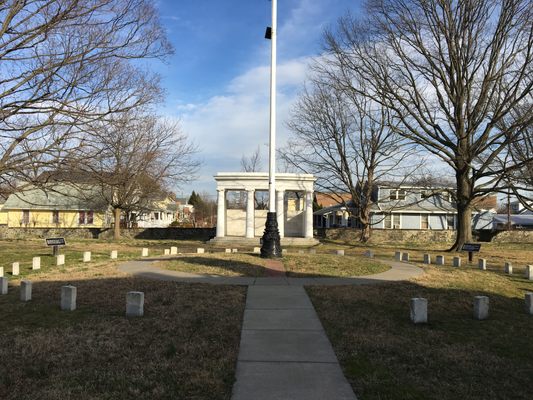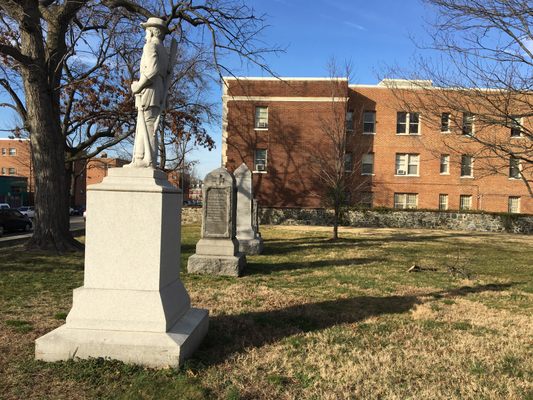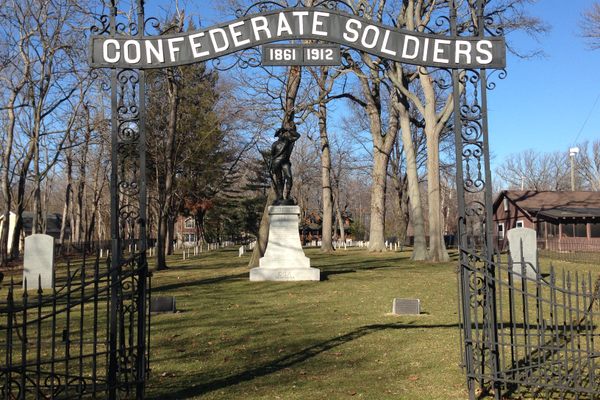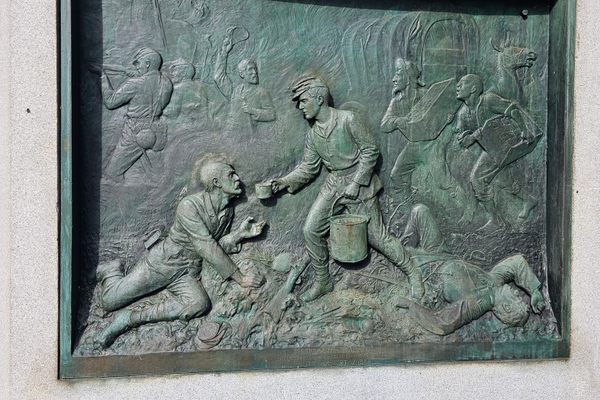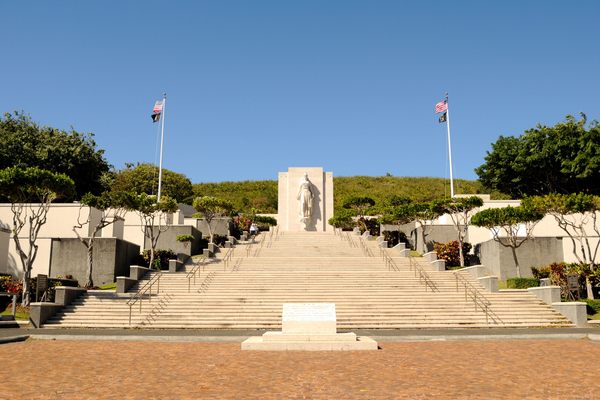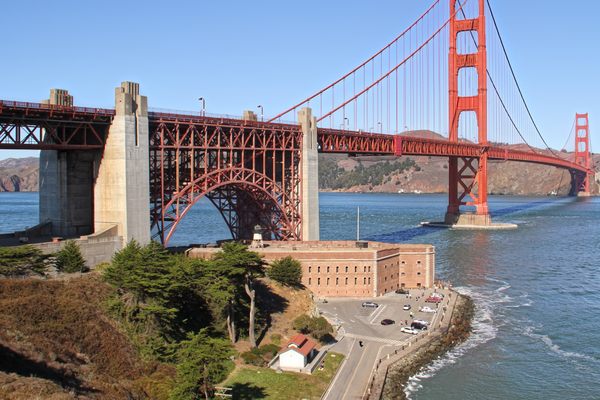About
Set in a nondescript block of Georgia Avenue in northwest Washington, D.C., this single-acre cemetery is one one of the country’s smallest national cemeteries, and serves as a reminder of the time the American Civil War came to the doorstep of the nation’s capitol.
On July 11, 1864, Confederate troops reached what is now Silver Spring, Maryland, bordering Washington, D.C. General Robert E. Lee sent those troops, led by General Jubal Early, to relieve Union pressure on Petersburg, Virginia, amid rumors that the capitol was poorly defended. Those rumors were true and, learning of Early’s advance, General Ulysses S. Grant deployed troops to shore up Washington’s defenses.
The Confederate troops never launched a full-scale attack, but did probe Union defenses at Fort Stevens. President Abraham Lincoln watched the skirmish from a parapet on Fort Stevens and came under fire by Confederate sharpshooters (marking the only time in which an American president faced enemy fire while in office).
Forty-one of the 59 Union soldiers killed at or near Fort Stevens are buried at the Battleground National Cemetery. The cemetery also features the original superintendent’s lodge, built in 1871 and designed by Quartermaster General Montgomery C. Meigs. The main gate faces Georgia Avenue and is flanked by stone pillars, topped with a Civil-War-era six-pounder cannon, one pointing north and one pointing south. The site also contains monuments built by the various state regiments which suffered casualties in the attack.
Related Tags
Published
January 9, 2025
